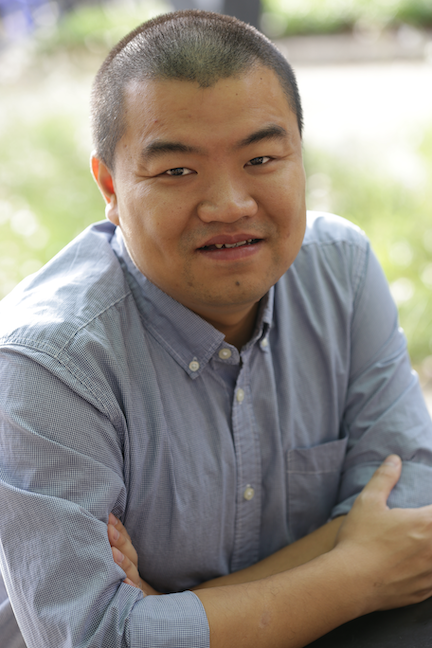Will Time Matter with Cognitive Load and Retention in Online News Consumption?
Published in Digital Journalism, 2023
Recommended citation: Zhou, Y. X., Peng, T. Q., & Zhu, J. J. H. (2023). Will Time Matter with Cognitive Load and Retention in Online News Consumption? Digital Journalism https://doi.org/10.1080/21670811.2022.2164514
Abstract
The production and consumption of online news are usually under a bursty temporal pattern. However, little is known about the psychological and cognitive impacts of such bursty consumption of online news. The study employs a 2 (filled-interval length) × 2 (empty-interval length) × 2 (empty-interval burstiness) mixed design experiment to examine how temporal characteristics in online news consumption influence audiences’ cognition and retention. Specifically, three temporal characteristics in online news consumption—filled-interval length, empty-interval length, and empty-interval burstiness—are controlled in the experiment. We instructed fifty-two participants to read a sequence of health-related news posts under various temporal settings while tracking their eye movements. The results showed that (1) empty-interval length increased retention, (2) empty-interval burstiness increased retention but did not have a main effect on cognitive load, and (3) filled-interval length, empty-interval length, and burstiness jointly influence cognitive overload and retention level. The study highlights the holistic perspective in considering the information exposure effect, thus revealing the complex relationship between temporal information characteristics and cognitive reactions and offering empirical suggestions to improve information system design.
Keywords
News consumption, information flow, burstiness, temporal patterns, information overload, eye-tracking
